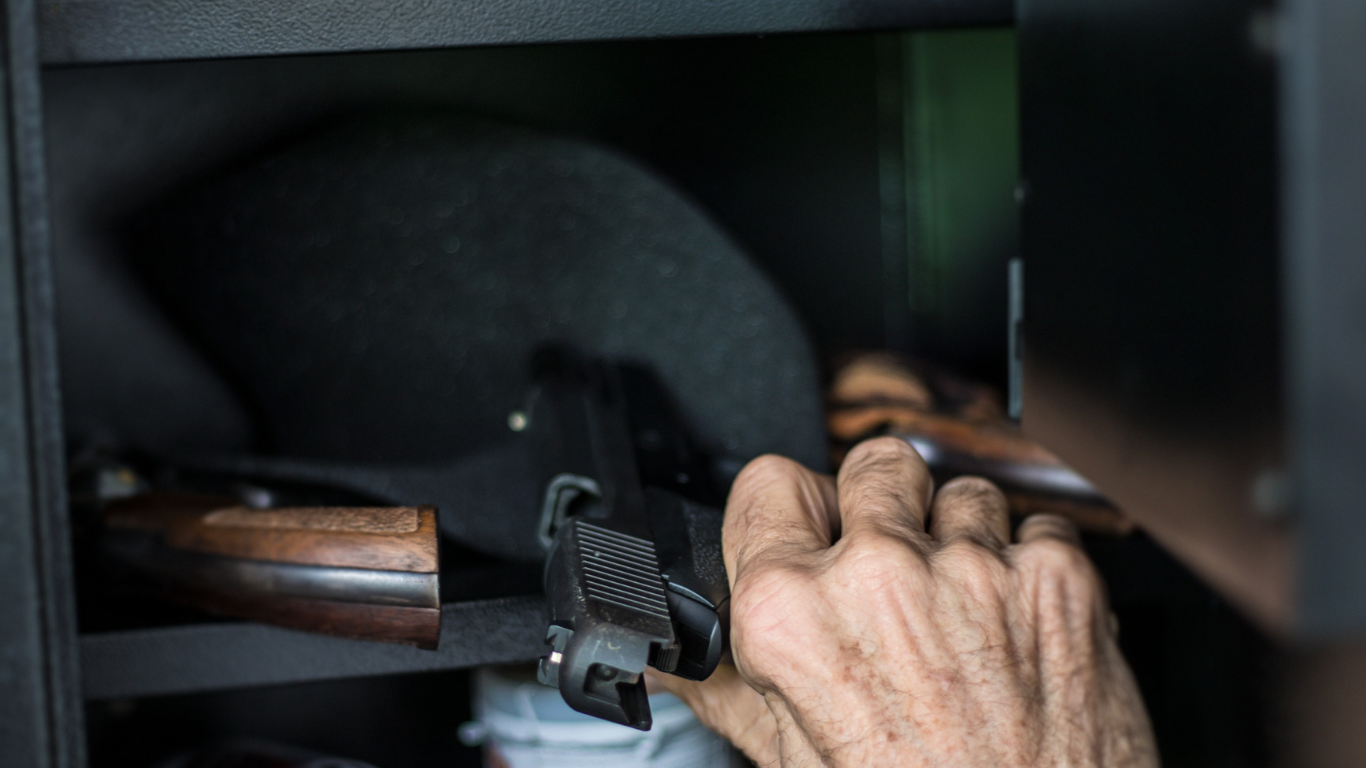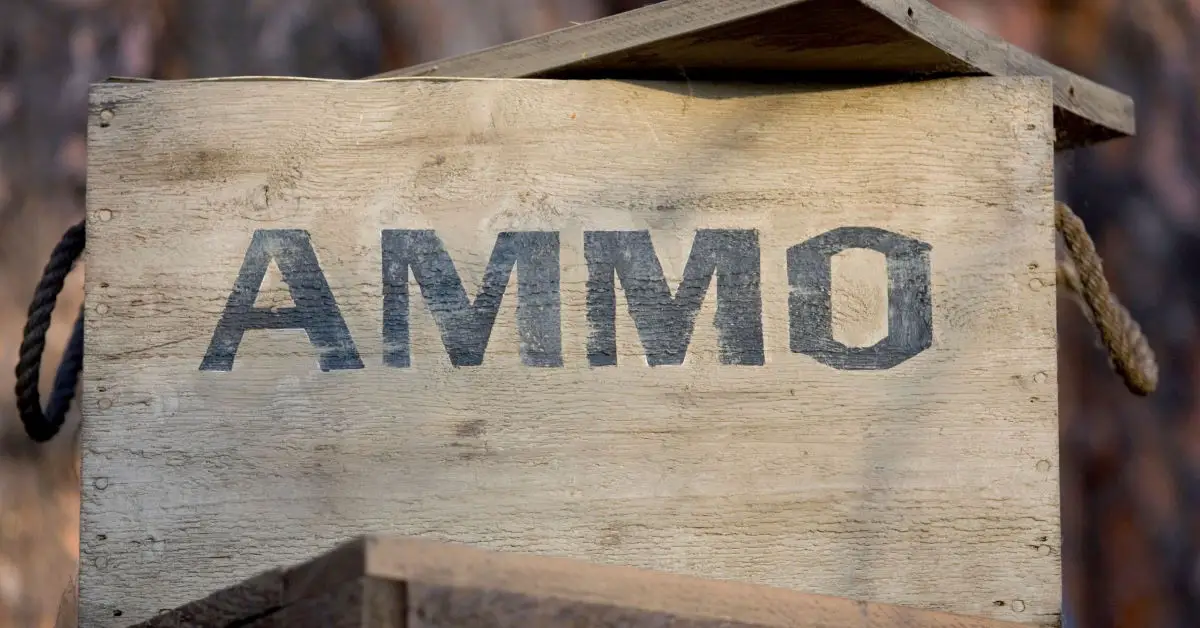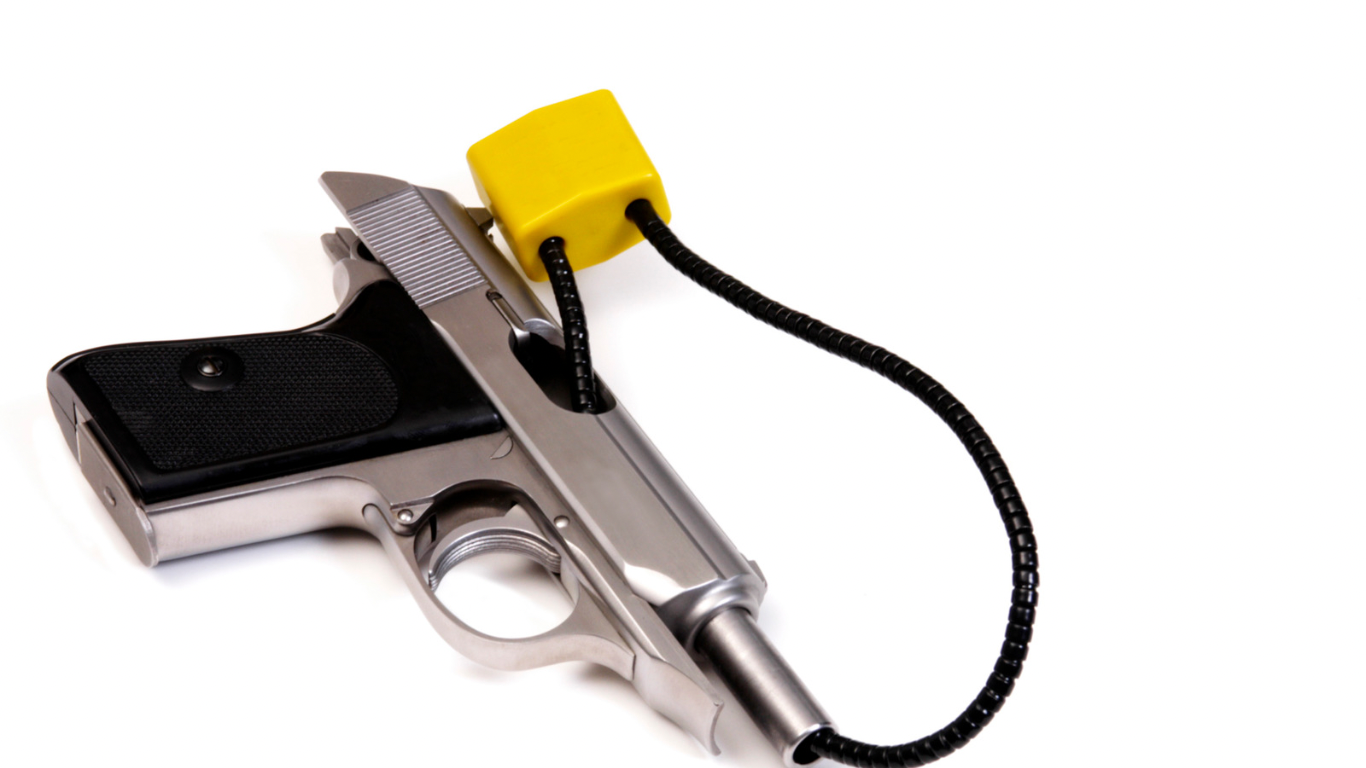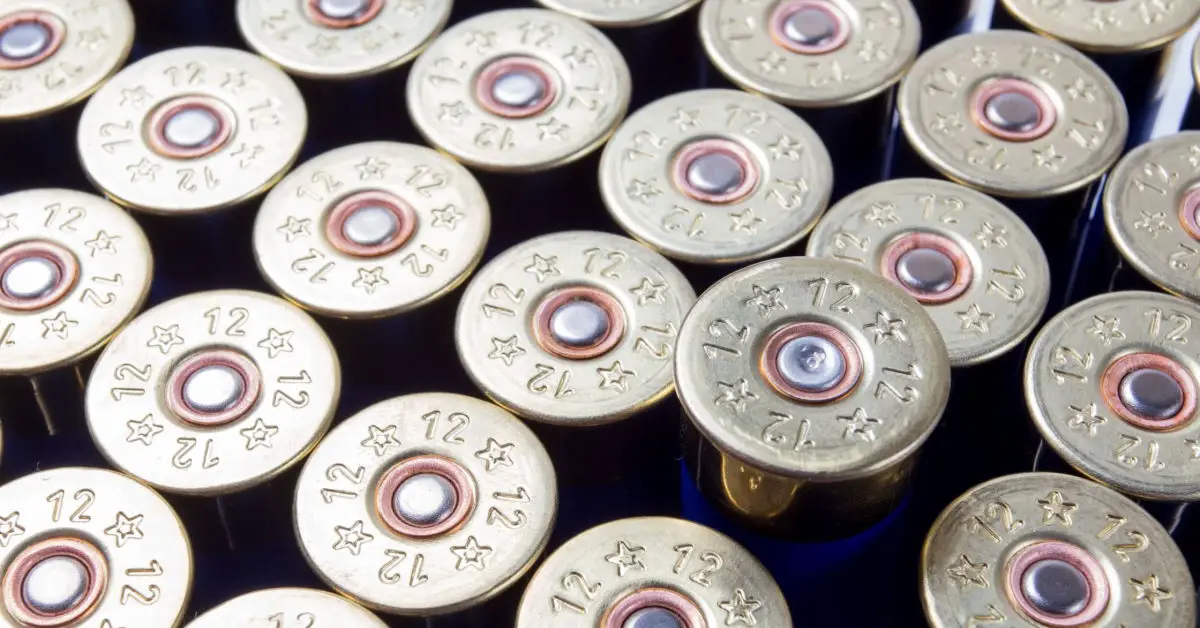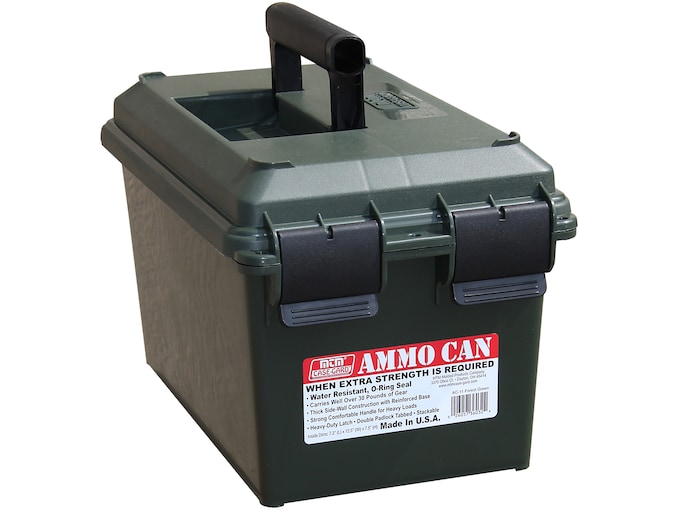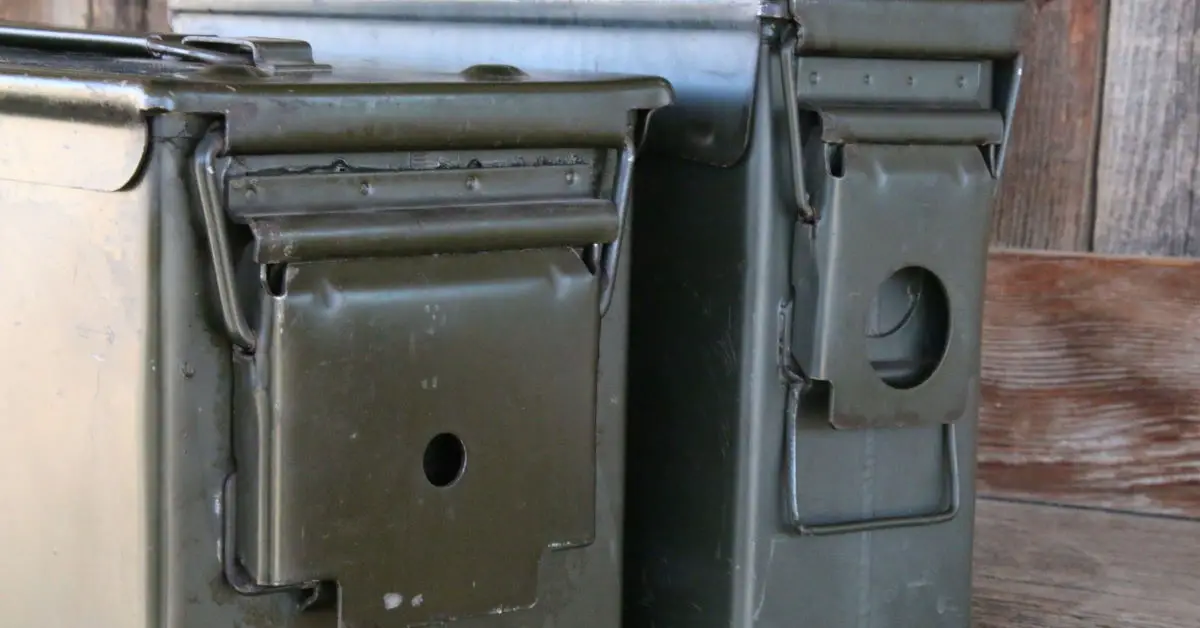Guns are a serious responsibility. If you are a gun owner, ensuring that your firearms are safely stored is not only your ethical obligation but is also a legal requirement. Every state has its own gun storage laws that mandate gun owners to keep their firearms safely and securely stored when not in use. Failing to comply with these laws could have severe consequences, including criminal charges, civil penalties, and possible legal liabilities. In this article, we will discuss the essential things that every gun owner should know about gun storage laws and why it is crucial to adhere to them.
What are gun storage laws
In general, gun storage laws regulate how firearms are stored, who has access to them, and under what circumstances. The specifics of these laws vary from state to state. Some states have strict storage laws that require gun owners to store firearms in a locking cabinet or safe, while others have more relaxed regulations that only mandate that firearms be kept in a location that is not accessible to unauthorized persons. The strictest gun storage laws are usually found in states that have the most restrictive gun ownership policies.
Federal laws
In addition to state laws, federal laws also regulate the storage of firearms. For instance, the Child Access Prevention Act (CAPA) imposes criminal liability on anyone who leaves a firearm in a place where they know or should know that a minor is likely to gain access to the firearm. Similarly, the Gun Control Act (GCA) requires that all federally licensed firearms dealers ensure that the firearms in their possession are secured during non-business hours, thus preventing unauthorized access.
Why do we need gun storage laws
One of the key reasons gun storage laws are important is that they help in reducing gun-related accidents, especially those involving children. According to the American Academy of Pediatrics, more than a third of children in households with firearms have handled the weapons in their homes, and over 50% of the gun-owning households with children do not store their firearms safely. Secure storage is the simplest and most effective way to prevent unauthorized access to firearms, particularly by children and other unauthorized persons.
Preventing theft
Apart from reducing accidents, gun storage laws also help in deterring thefts of firearms. Proper storage of firearms in a locked and safe location can prevent unauthorized access, and thus reduce the chances of theft. Stolen firearms are frequently used in criminal activities, and their unaccounted supply poses a significant threat to public safety.
Conclusion
In conclusion, gun storage laws are critical for promoting public safety and reducing the number of injuries and fatalities related to the misuse of firearms. As a responsible gun owner, you must comply with the state and federal storage laws at all times, regardless of whether you own a handgun, rifle, or shotgun. Safely storing firearms is everyone’s responsibility, and gun owners need to take the necessary steps to prevent unauthorized access to their firearms. Reducing access to firearms by unauthorized persons is an excellent way to limit the likelihood of gun-related harm. So, educate yourself about your state’s gun storage laws and make sure you are doing your part to promote public safety.
